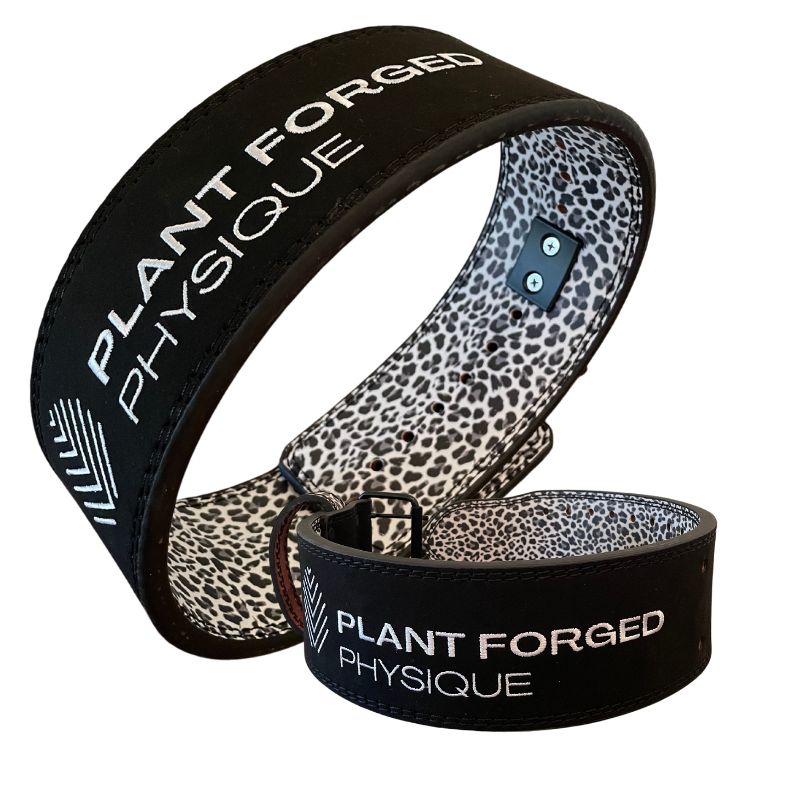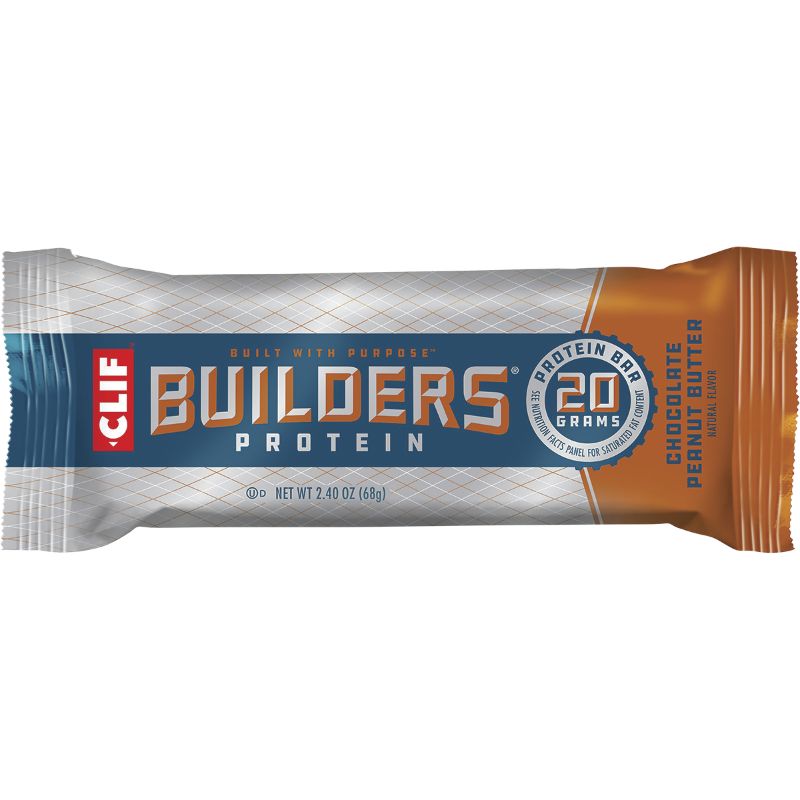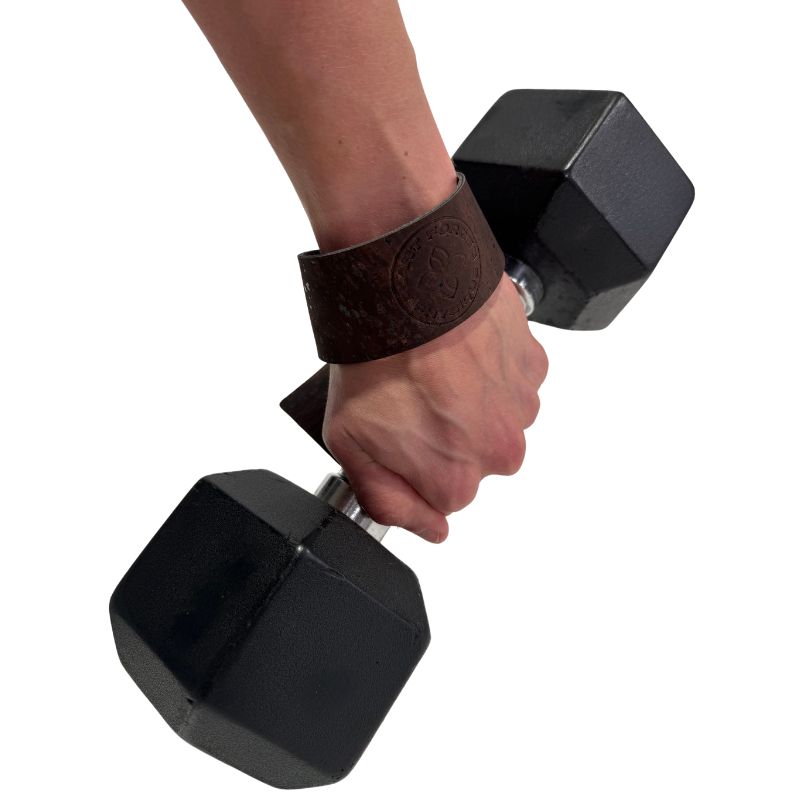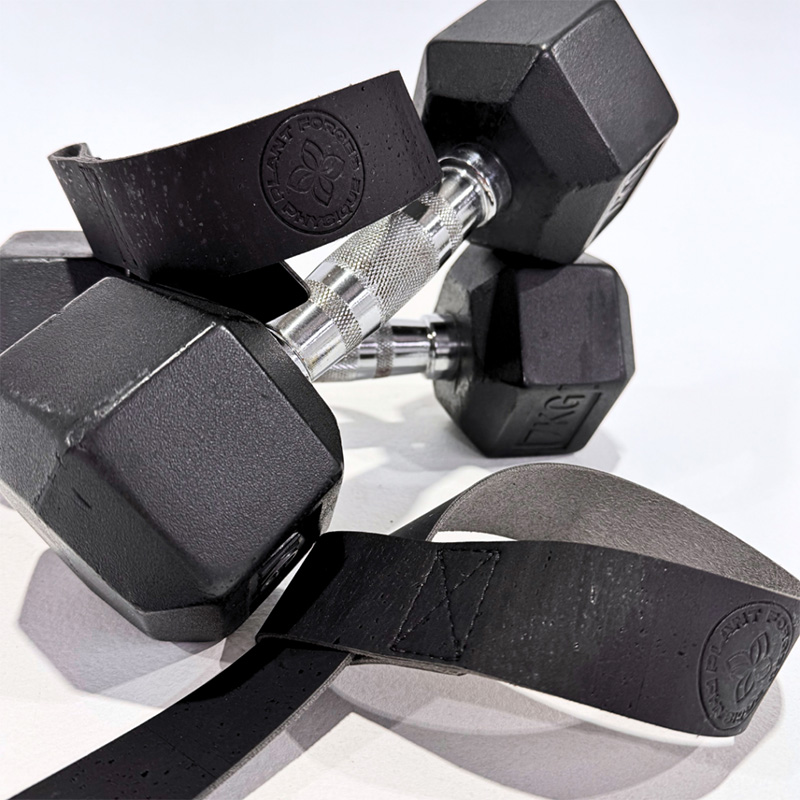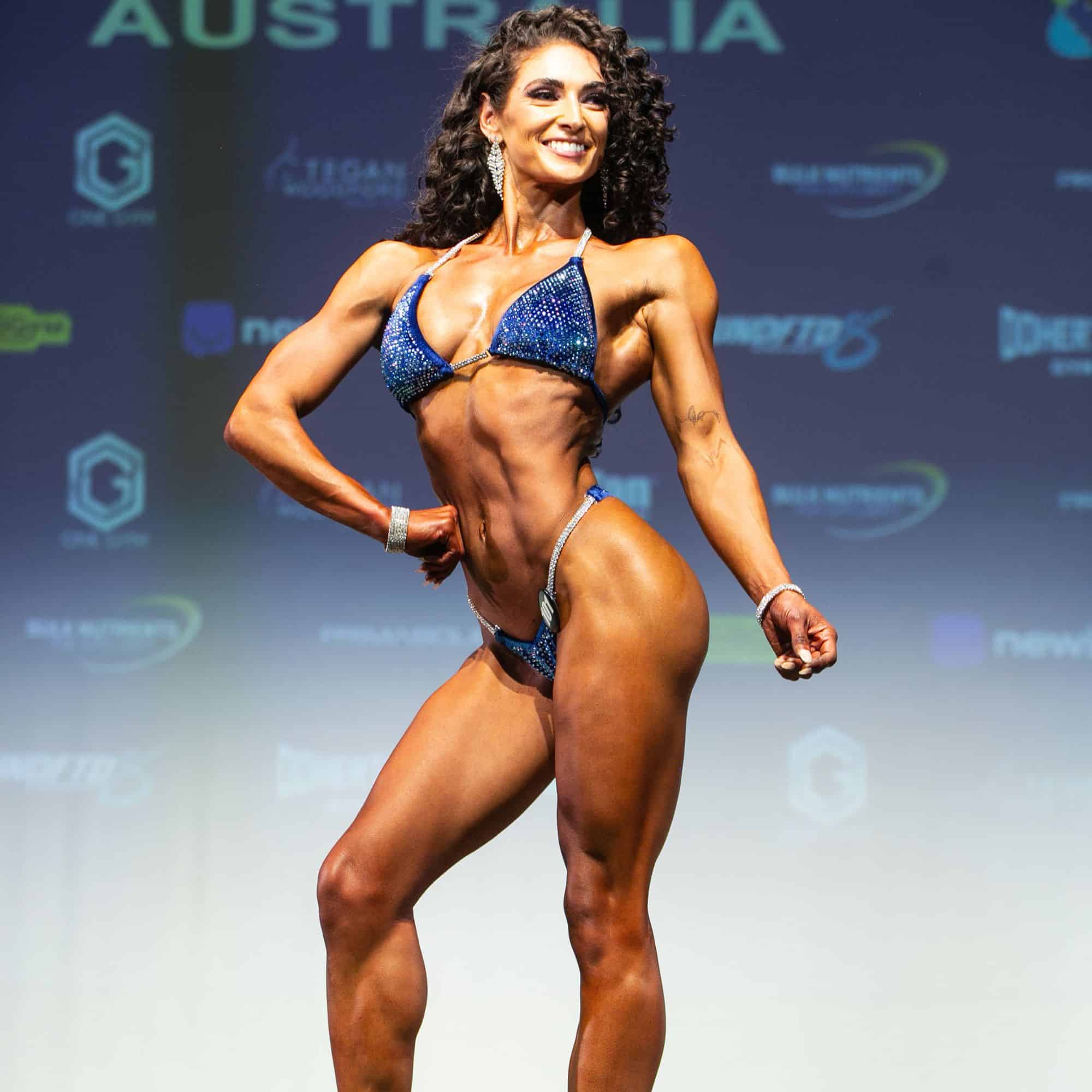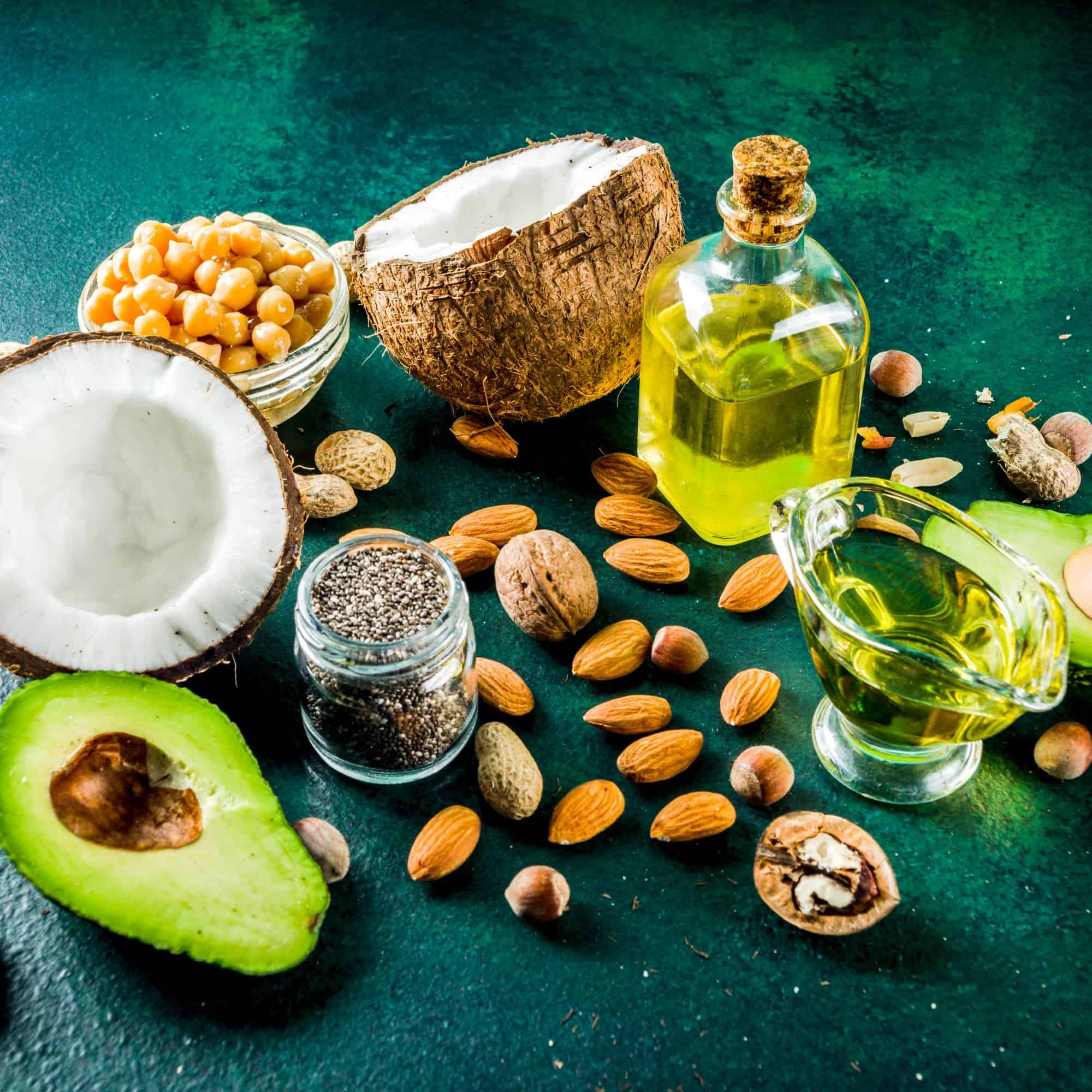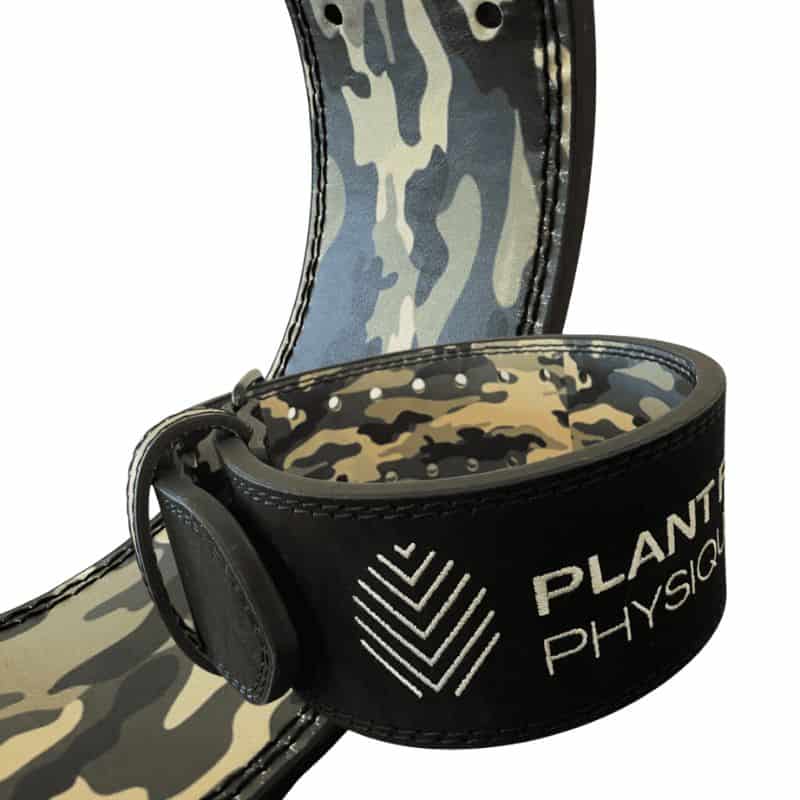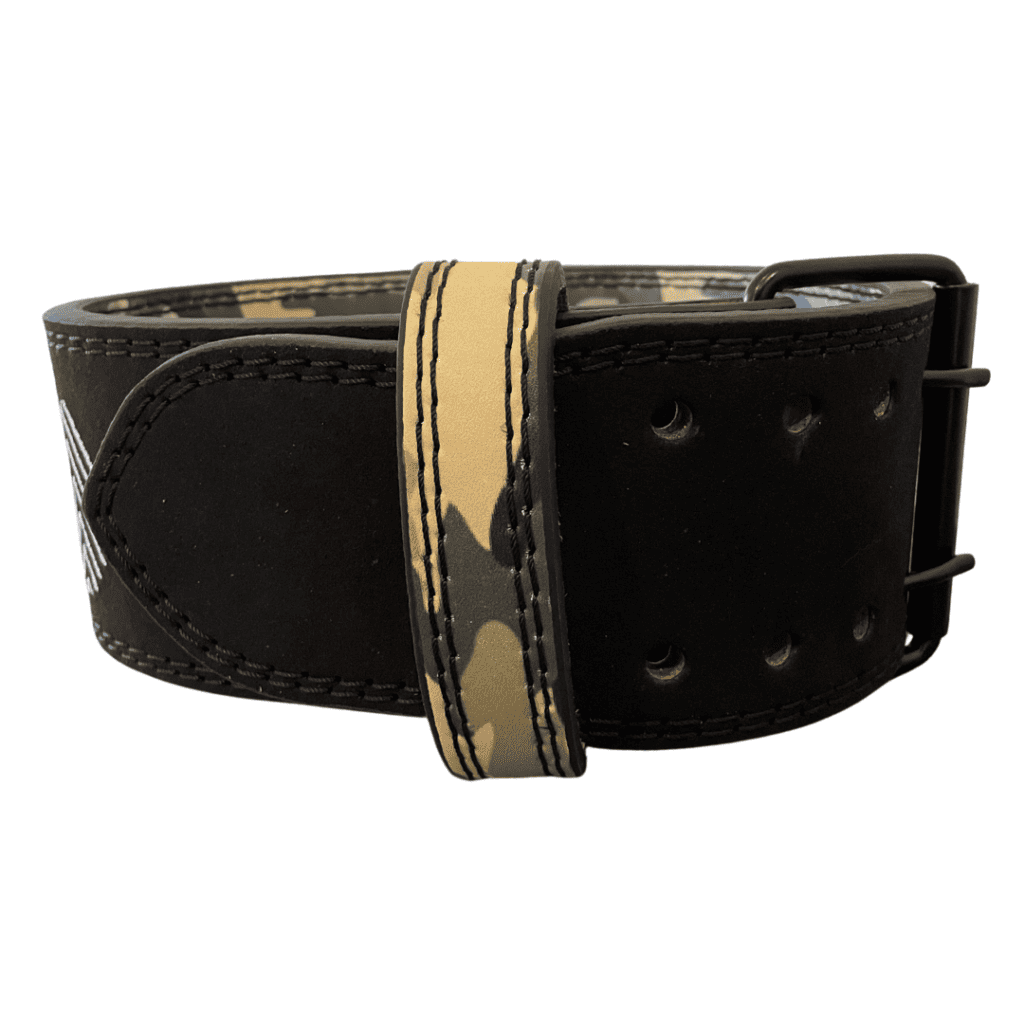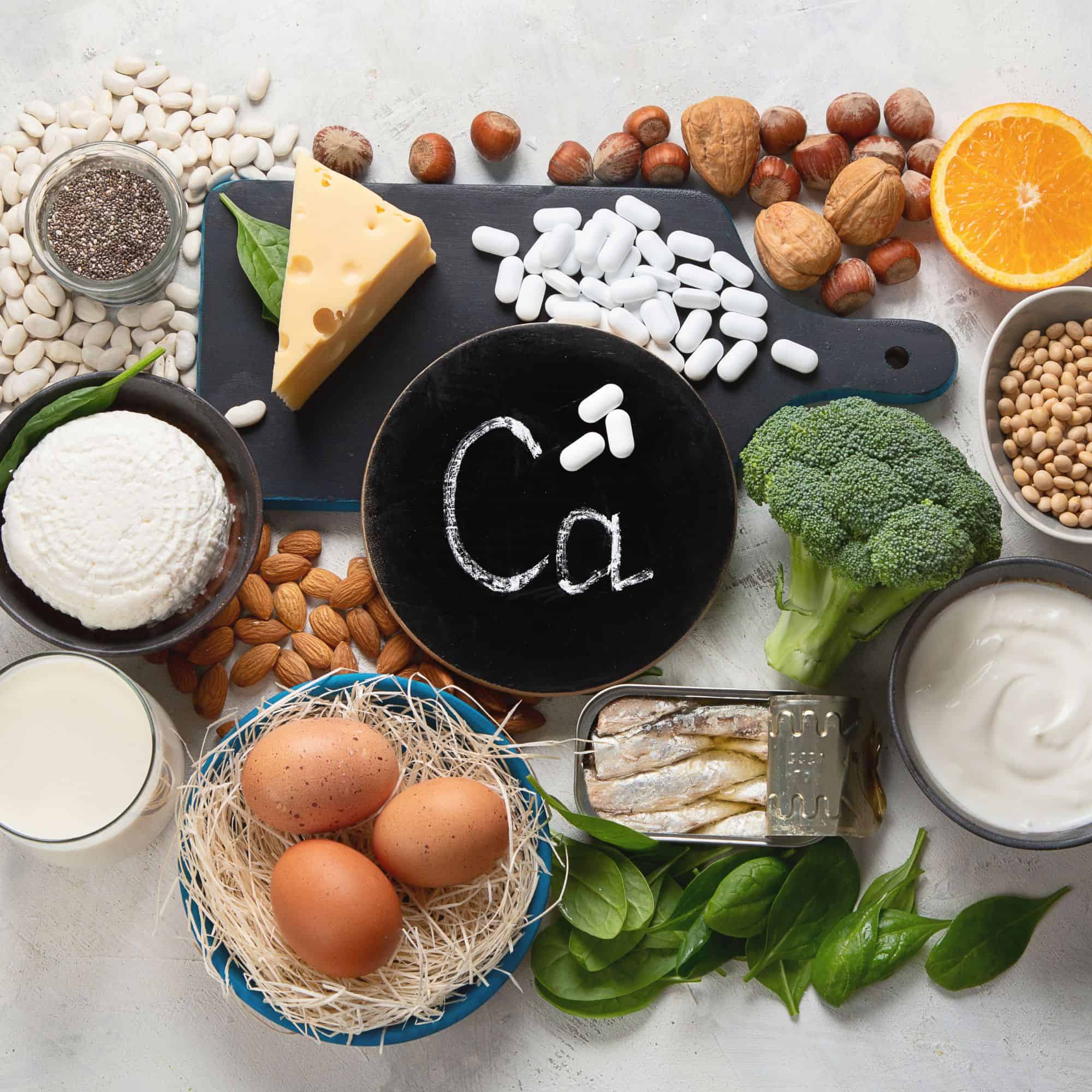
Should You Use a Weightlifting Belt?
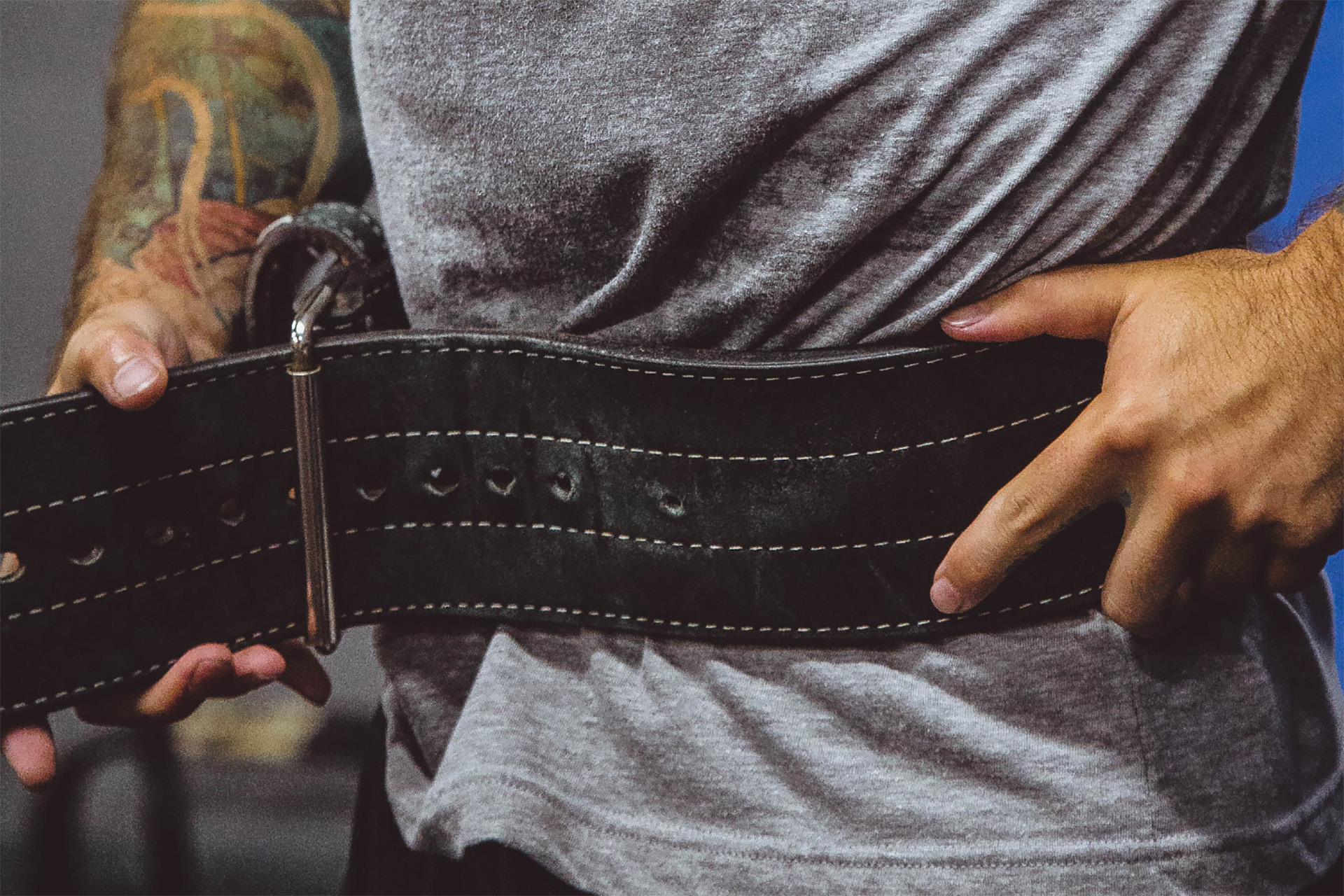
What do weightlifting belts do, how do weightlifting belts work and when to start using a weightlifting belt
In the world of strength training: gym-goers, powerlifters, and bodybuilders continually seek ways to push their limits and unleash their true potential. One tool that often enters the discussion is the weightlifting or powerlifting belt. These sturdy and supportive accessories have been a subject of debate in fitness circles for years. Are they necessary? Do they hinder or enhance your progress? When should you consider using one?
Are Weightlifting Belts Necessary?
One of the most common questions surrounding weightlifting belts is whether they are truly necessary. You may ask: Is it better to lift without a belt? The answer? It depends.
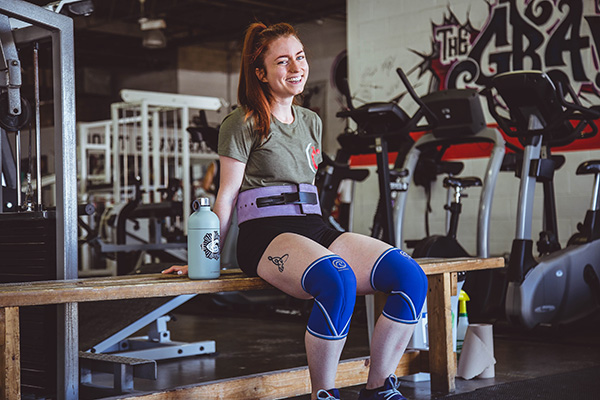
Weightlifting belts serve a specific purpose: to provide support and stability to the core during heavy lifts. When used, they can enhance your lifting performance by helping you brace, maintaining proper form, and lifting more. And some feel this can reduce the risk of injury also.
For powerlifters, bodybuilders & anyone lifting heavy in the gym, weightlifting belts often become a vital part of their training arsenal.
As you advance in your training and start handling heavier weights, incorporating a weightlifting belt can help you break through plateaus and continue progressing.
When Should I Start Using a Weightlifting Belt?
If you ask: At what point do I need a weightlifting belt? There’s no one-specific indicator on when to decide to start using a weightlifting belt.
As a general guideline, it’s advisable to begin considering a weight belt when you are consistently lifting heavy loads (approximately your bodyweight and higher) in compound movements, such as squats, deadlifts, and even benching. Additionally, if you experience lower back discomfort during heavy lifts, a belt may provide the extra support you need.
Weightlifting belts help enhance your movements, but they don’t fix mistakes. So, it’s crucial to remember that your form, technique, and overall strength should still be priorities. Make sure you nail these first, before considering a weightlifting belt.
Embrace the Future of Strength Training with Vegan Weightlifting Belts
In the quest for unlocking your true potential in the gym, a weightlifting belt can be a game-changer.
Vegan weightlifting belts, crafted from cruelty-free materials, offer a compelling alternative for those who strive not only for peak performance but also for a fitness journey aligned with their values. Vegan leather, with its ethical advantages, durability, and style choices, has emerged as a force to be reckoned with in the world of weightlifting accessories.
Choose a vegan weightlifting belt not just better performance but for the positive impact it can have, one rep at a time.
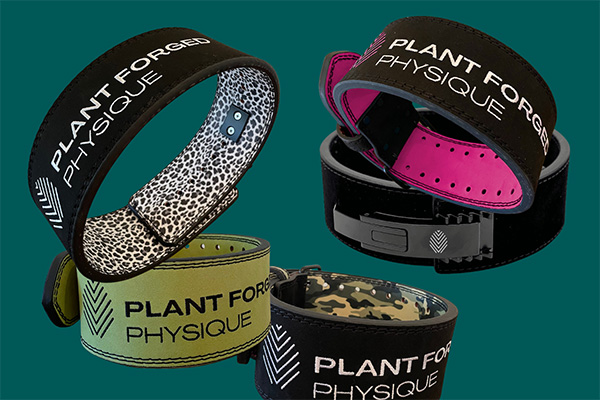
So, if you’re ready to take your lifting game to the next level while staying true to your ethical and sustainable values, check out the collection of Vegan Weightlifting Belts at Plant Forged Physique.
These belts combine the best of performance and conscience, allowing you to lift with confidence, knowing you’re supporting a more compassionate and sustainable fitness future.
shop
